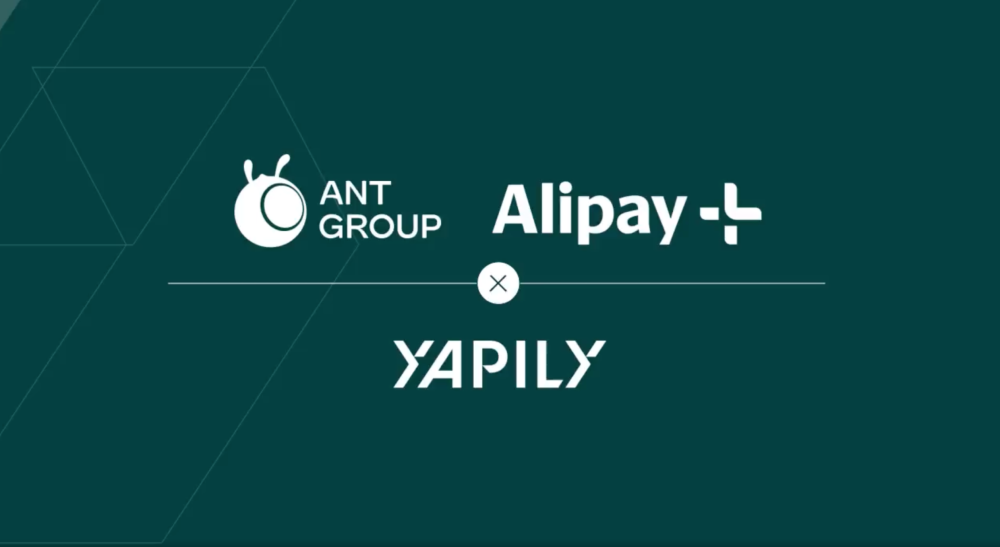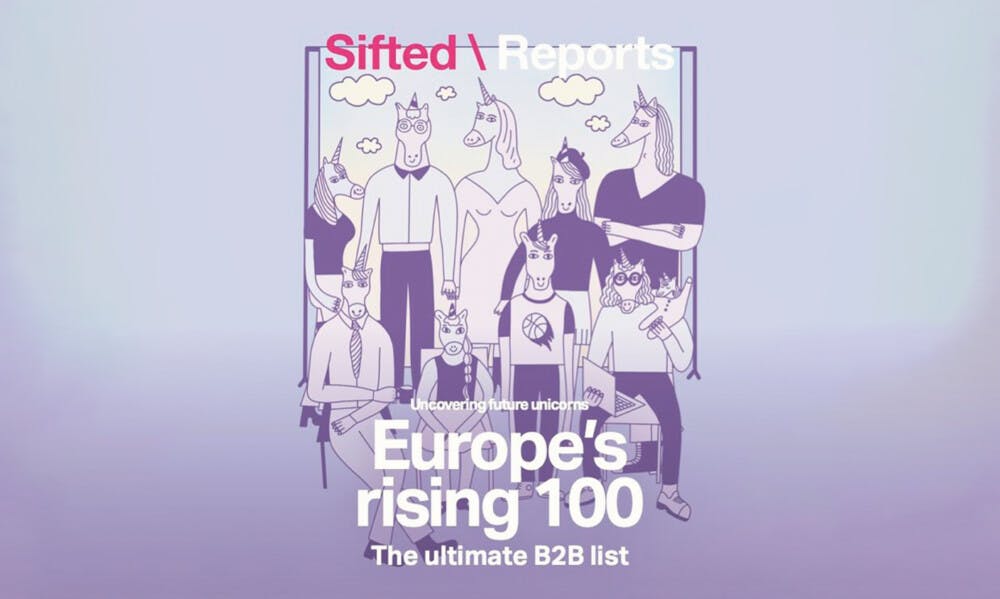Insights|
APIs are transforming businesses
Increasing numbers of technology platforms are now incorporating APIs – Application Programming Interfaces which enable those businesses to embed other platforms within their own apps or websites. These APIs are behind many of the digital transformations that are opening new pathways to forge profitable partnerships and monetise data for tech innovation and growth.
null
APIs move data from one software application to another to support business goals and while they have been around for a while, entrepreneurs are rapidly discovering many new applications. Today they feature in many of the investments now supported by Lakestar in sectors such as finance, travel, transportation and data processing. They bring benefits by acting as the storefronts for other businesses that work faster than existing applications, reducing costs and offering consumers more choice.
Lakestar has recently led a EUR12 million Series A funding round for Yapily, a London-based start-up which is driving open banking adoption by organisations across Europe. Open banking is an initiative of the European Union’s second Payment Services Directive (PSD2) that aims to boost competition in banking, credit cards and payments. It requires retail banks to give third parties open access to financial data and payment infrastructure if their customers give their approval – it should be noted that those customers include business accounts and not just consumer banking.
APIs are becoming storefronts for lots of businesses, and other companies will connect through them
With 27 European countries having already gone live with PSD2, Yapily now connects thousands of banks to others wishing to access that information through a single secure open API. It takes care of the complexities of navigating each banking platform one by one implementing their technical specification that includes likely different naming conventions for their services and differing data formats. It also ensures that the open banking they implement meets the regulatory frameworks and technical requirements of participating countries.
Another start-up led by Lakestar is Impala which makes it possible for consumers to get easy access to bookings in the fragmented hotel industry that mostly operates using their own data and property management systems. This edition of Lakestar Briefing has an interview with an Impala co-founder Ben Stephenson, giving a fuller account of how it creates a common infrastructure for hotel booking systems, essentially an API on top of this infrastructural complexity that greatly simplifies the process for anyone requiring access at scale. This is proving attractive to hotel managers too because it offers consumers more options to interact with and reduces costs.
Other recent Lakestar investments that incorporate APIs have included two travel and tourism search engines. One is HomeToGo, the world’s largest operator of vacation rental engines; the other is GetYourGuide which markets travel experiences that are the fastest growing segment of the leisure tourism market. Each of these aggregates hundreds of businesses that own holiday homes or organise travel experiences to offer consumers and tourists a greater range of choices on their holidays.
The growth of what has become known as the API Economy also offers many less visible benefits to businesses, often by integrating different parts of a company’s operations. For example, Uber drivers have equipment that generates navigation instructions for passenger journeys on Google Maps using its API. For retailers, APIs can create online sales capabilities by integrating inventory, payment and security tools.
Broadcast media such as Netflix use APIs to provide services on the different devices their customers use, which include televisions, gaming devices and mobile platforms. Companies selling tickets online for films, plays, concerts or operas can verify credit card information with an API. And companies communicating business to business can connect to cloud platforms and the Internet of Things using APIs.
There are now billions of APIs around the world, which reflects the willingness of developers to do the hard work of assembling them from multiple sources. Yapily and Impala are two examples of founders who believe they can create value by managing the complex ‘plumbing tasks’ which will create the functionality and most importantly, scale, for new users to obtain the information they need in a standard format they can understand.
APIs will become the market-places of the future
However, if someone has already done the plumbing to create open banking or hotel booking APIs, are there opportunities for competitors to build another one? After all, if an entrepreneur has already aggregated all the data, they have created something like the Yellow Pages for open banking or hotel bookings and it is not clear how much better a second, third or fourth aggregation could be. Nonetheless, there is a race going on at the next level up with API management platforms such as Mulesoft and Apigee which help organisations confronting many different APIs to understand which are performing and working well.
Every year, the amount of data in the world is more than doubling and so is the number of APIs. This creates a need for management tools to search for the best quality APIs and find out which ones they should use. With companies becoming software businesses, retail banks are becoming technology companies first and banks second, thanks to APIs such as Yapily: their core functions are processing account data and making payment transactions, with all other services built on top. This is allowing some business models to be turned upside-down – the recent announcement that Amex is partnering with Yapily is an example of a traditional credit card provider becoming a pseudo bank payments provider without taking on deposits.
There are major consequences for many other sectors in the API economy. Insurance, for example, has previously provided services through their websites and brokers. But they can now offer their services using an API which allows customers to buy them without using their websites, talking to brokers or making telephone calls.
In practice, APIs are becoming storefronts for lots of businesses, and other companies will connect through them if they can get quick reliable answers cheaply, rather than just approaching local or national businesses as in the past. Indeed, if APIs are advertised, companies can sell products or services through them in the same way that they do through Amazon – those APIs will become the market-places of the future.
Lakestar investors will find that increasing numbers of our investments are in open architectures or open commerce, with APIs becoming the lynchpins of the platform economy. Around these APIs, another industry will grow up to discover them, manage them, control their quality and evaluate their performance. It will also create other companies in the future that live off the API economy, a prospect which is attracting increasing interest from perceptive entrepreneurs.
This article is part of the Lakestar Briefing, a periodical publication about Lakestar's portfolio companies and our network of inspiring minds we like to work with.
Click here to subscribe










